Freescale MC56F8257數字信號控制器開發(fā)方案
– Additional conversion time of 6-ADC clock cycles (6 x 100 ns = 600 ns)
— Sequential, parallel, and independent scan mode
— First 8 samples have Offset, Limit and Zero-crossing calculation supported
— ADC conversions can be synchronized by eFlexPWM and timer modules via internal crossbar module
— Support for simultaneous and software triggering conversions
— Support for multi-triggering mode with a programmable number of conversions on each trigger
• Inter-module Crossbar Switch (XBAR)
— Programmable internal module connections among the eFlexPWM, ADCs, Quad Timers, 12-bit DAC, HSCMPs, and package pins
— User-defined input/output pins for PWM fault inputs, Timer input/output, ADC triggers, and Comparator outputs
• Three analog comparators (CMPs)
— Selectable input source includes external pins, internal DACs
Programmable output polarity
— Output can drive timer input, eFlexPWM fault input, eFlexPWM source, external pin output, and trigger ADCs
— Output falling and rising edge detection able to generate interrupts
— 32-tap programmable voltage reference per comparator
• One 12-bit digital-to-analog converter (12-bit DAC)
— 12-bit resolution
— Power down mode
— Output can be routed to internal comparator, or off chip
• Two four-channel 16-bit multi-purpose timer (TMR) modules
— Four independent 16-bit counter/timers with cascading capability per module
— Up to 120 MHz operating clock
— Each timer has capture and compare and quadrature decoder capability
— Up to 12 operating modes
— Four external inputs and two external outputs
• Two queued serial communication interface (QSCI) modules with LIN slave functionality
— Up to 120 MHz operating clock
— Four-byte-deep FIFOs available on both transmit and receive buffers
— Full-duplex or single-wire operation
— Programmable 8- or 9-bit data format
— 13-bit integer and 3-bit fractional baud rate selection
— Two receiver wakeup methods:
– Idle line
– Address mark
— 1/16 bit-time noise detection
— Support LIN slave operation
• One queued serial peripheral interface (QSPI) module
— Full-duplex operation
— Four-word deep FIFOs available on both transmit and receive buffers
— Master and slave modes
— Programmable length transactions (2 to 16 bits)
Programmable transmit and receive shift order (MSB as first or last bit transmitted)
— Maximum slave module frequency = module clock frequency/2
— 13-bit baud rate divider for low speed communication
• Two inter-integrated circuit (I2C) ports
— Operation at up to 100 kbps
— Support for master and slave operation
— Support for 10-bit address mode and broadcasting mode
— Support for SMBus, Version 2
• One Freescale Scalable Controller Area Network (MSCAN) module
— Fully compliant with CAN protocol Version 2.0 A/B
— Support for standard and extended data frames
— Support for data rate up to 1 Mbit/s
— Five receive buffers and three transmit buffers
• Computer operating properly (COP) watchdog timer capable of selecting different clock sources
— Programmable prescaler and timeout period
— Programmable wait, stop, and partial powerdown mode operation
— Causes loss of reference reset 128 cycles after loss of reference clock to the PLL is detected
— Choice of clock sources from four sources in support of EN60730 and IEC61508:
– On-chip relaxation oscillator
– External crystal oscillator/external clock source
– System clock (IP bus to 60 MHz)
• Power supervisor (PS)
— On-chip linear regulator for digital and analog circuitry to lower cost and reduce noise
— Integrated low voltage detection to generate warning interrupt if VDD is below low voltage detection (LVI) threshold
— Integrated power-on reset (POR)
– Reliable reset process during power-on procedure
– POR is released after VDD passes low voltage detection (LVI) threshold
— Integrated brown-out reset
Run, wait, and stop modes
• Phase lock loop (PLL) providing a high-speed clock to the core and peripherals
— 2x system clock provided to Quad Timers and SCIs
— Loss of lock interrupt
— Loss of reference clock interrupt






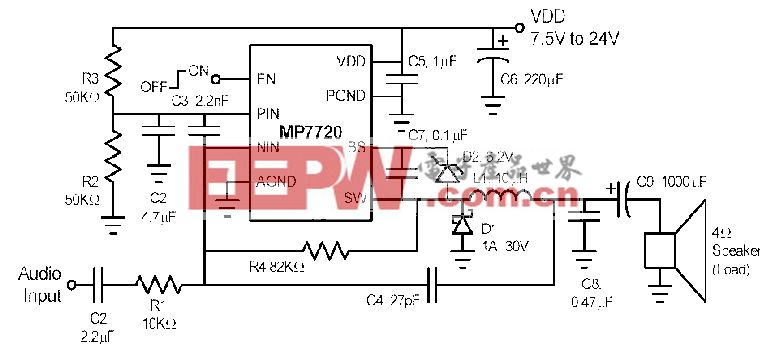
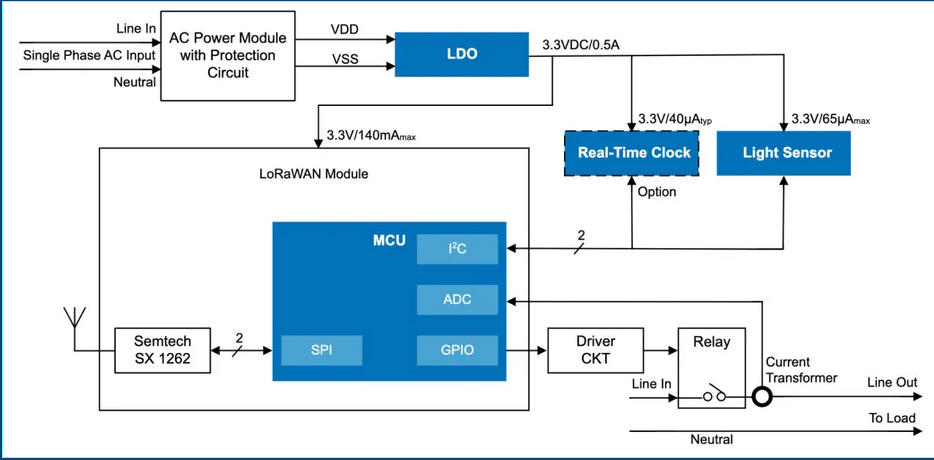

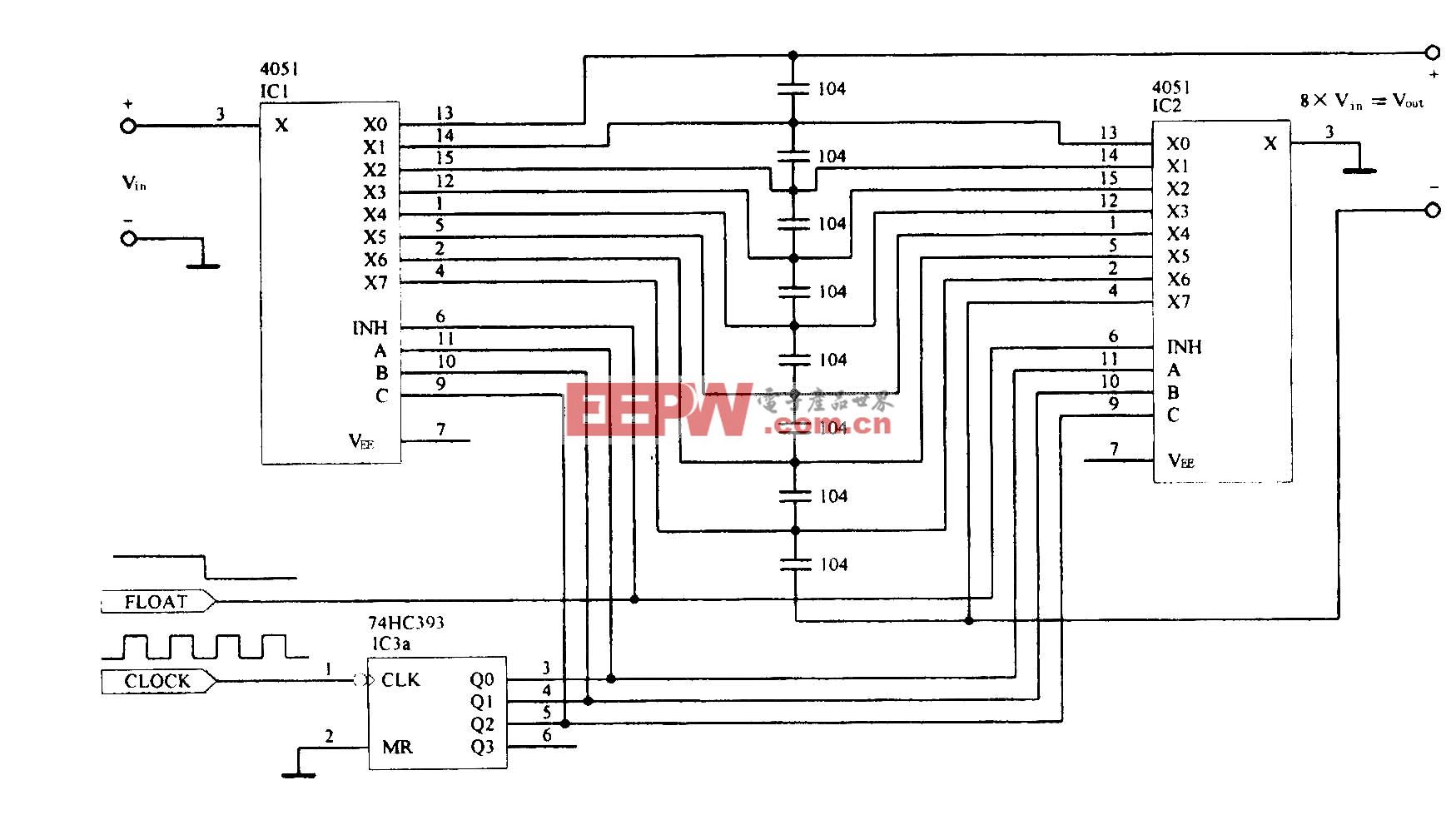
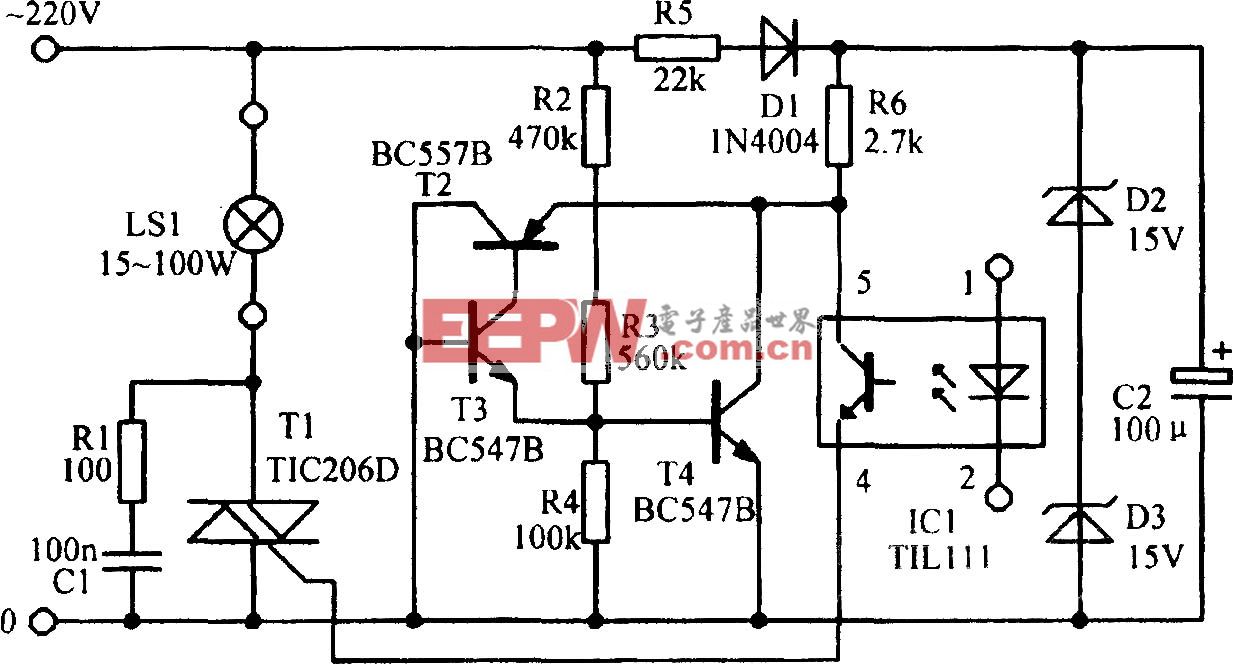
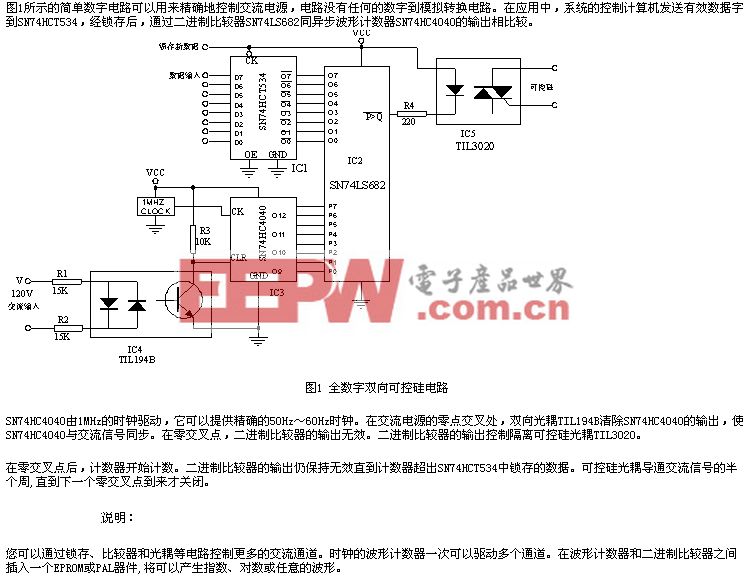

評論